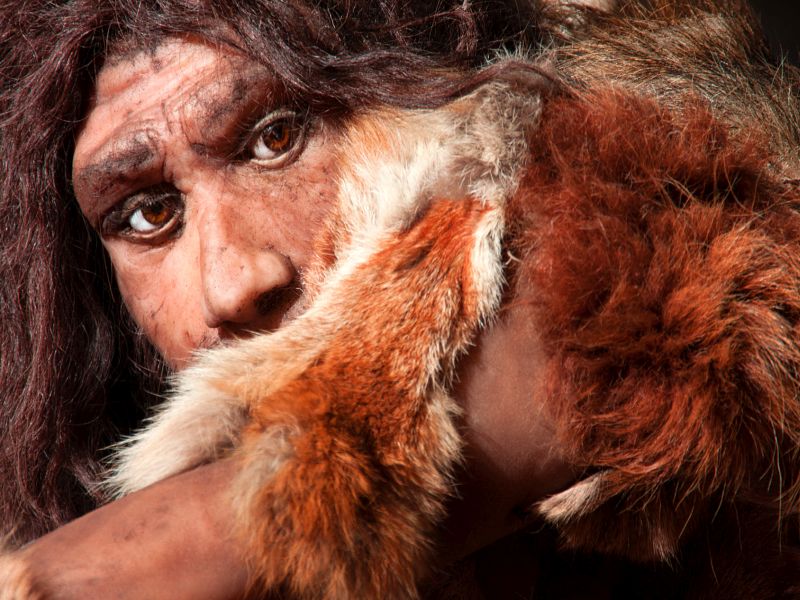
Denisovans were related to Neanderthals and interbred with modern humans about 50,000 years ago as modern humans left Africa for Papua New Guinea and Australia.
Modern humans got a gene variant from Denisovans that boosted immune reactions and inflammatory responses, including those that protect humans from disease-causing germs, the researchers reported.
"Previous research has found collections of gene variants from extinct human species that appear to have provided an advantage to humans living at high altitudes or to resist viruses, but have been unable to pinpoint which, if any, were actually functional," said senior study author Shane Grey. He is an associate professor who heads the Transplantation Immunology Laboratory at the Garvan Institute of Medical Research in Sydney, Australia.
"This study is the first to identify a single, functional variant, and suggests that it also had an evolutionary benefit on the human immune system," Grey added in an institute news release.
For the study, he and his colleagues analyzed genomes of families where one child had a severe and unusual autoimmune or inflammatory condition.
In four families, they found the same gene mutation, but this variant wasn't sufficient to cause inflammatory disease. But researchers also found that immune cells from these families produced a stronger inflammatory response than the immune cells from other individuals.
This particular mutation, called I207L, was common in families from Sydney and indigenous populations, such as those with Melanesian, Maori and Polynesian ancestry.
"The fact that this rare version of the gene was enriched in these populations, and displayed genetic signatures of positive selection, means it was almost certainly beneficial for human health," Grey said.
The mutation was also found in DNA from a 50,000-year-old finger bone of a Denisovan girl found in a cave in Siberia.
The variant, however, was absent in Neanderthal DNA from the same cave, which may mean that the gene variant came after Denisovans and Neanderthals split, about 400,000 years ago.
In experiments with mice, the I207L variant conferred a strong immune response to the Coxsackie virus strain, compared with a weak response in mice without the gene mutation, researchers found.
These findings indicate that the Denisovan variant and others are able to dial up the immune system to respond to different germs, the researchers said.
The report was published Sept. 18 in the journal Nature Immunology.
Source: Garvan Institute of Medical Research, news release, Sept. 18, 2019.








0 Comments